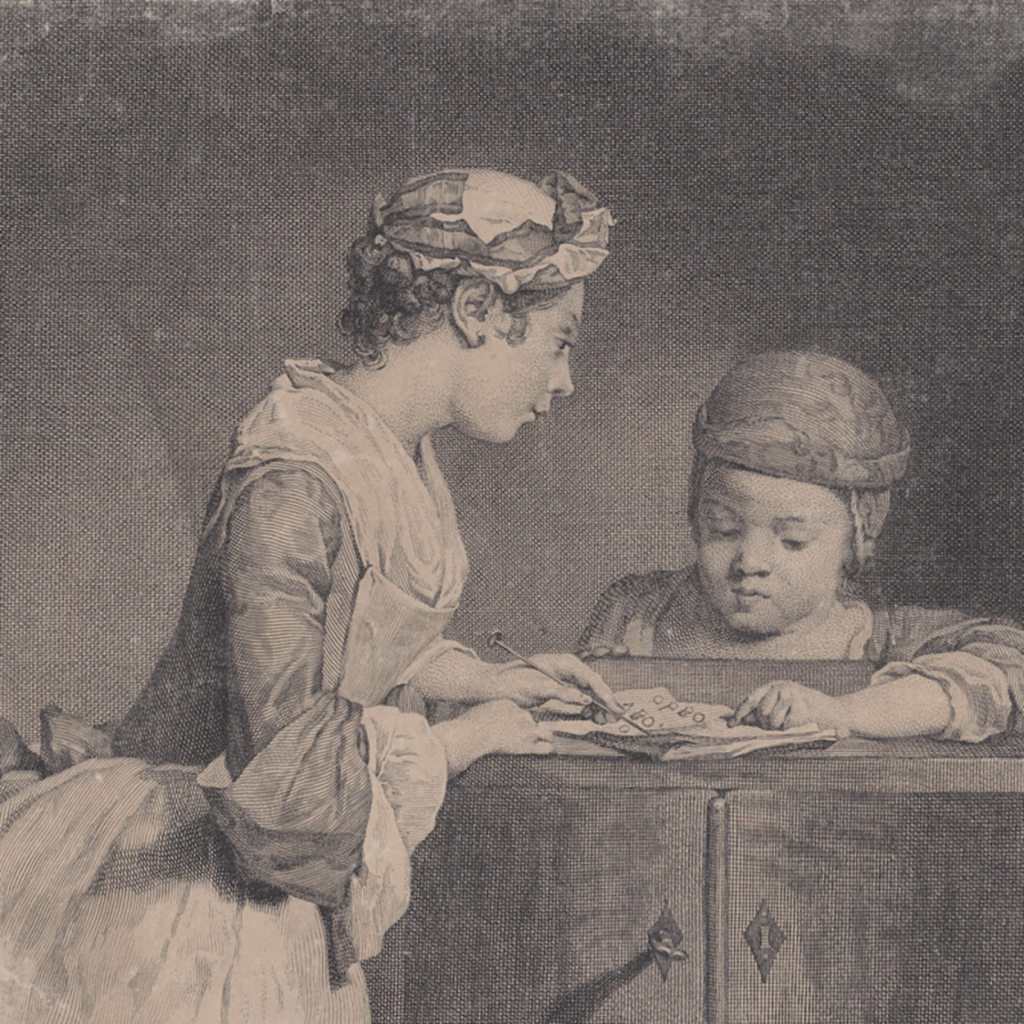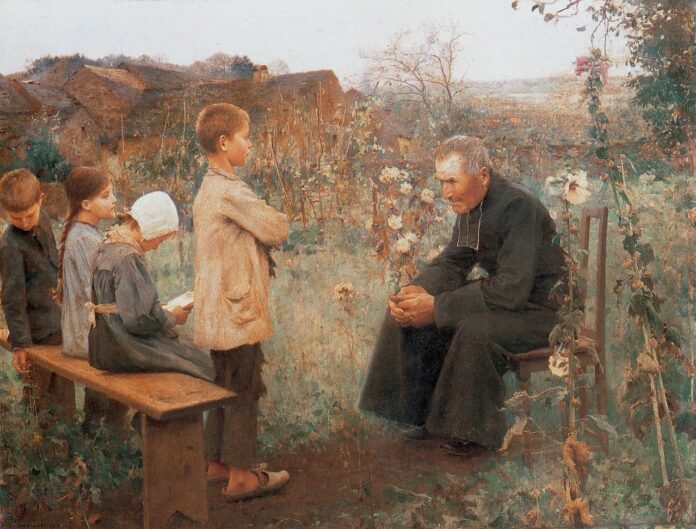The goal of a classical liberal arts education is to provide students with the knowledge and skills they need to learn anything, do anything, and be anything in the future. While the classical liberal arts are most commonly known as the humanities or the arts, the term actually includes many sciences as well, including mathematics, history, and philosophy.
If you want to learn more about how a classical liberal arts education can benefit you, keep reading to learn more about what it means and what you should look for when choosing an institution that offers it.
Why Learn Ancient Languages Like Latin and Greek?
There are many good reasons to learn ancient languages like Latin and Greek. They can help you better understand the world and how it works. They can also give you a new perspective on modern issues.
And, of course, they’re just really interesting to learn! The goal of a classical liberal arts education is not to become wealthy or powerful, but rather to have all your faculties fully developed so that you can be at peace with yourself and with nature.
How Does This Help Me in My Career?
A classical liberal arts education teaches students how to think critically and independently. This helps prepare them for a variety of careers since they will be able to analyze information and make sound decisions.
Additionally, a liberal arts education provides students with a well-rounded knowledge base, which can make them more attractive to employers. Finally, this type of education can help students develop important skills such as communication and writing.
How Can I Get into One of These Programs?
A classical liberal arts education has been the foundation of societies for centuries. Its goal is to produce individuals who are able to think critically, reason logically, and communicate effectively. If you’re interested in pursuing a classical liberal arts education, there are many ways to get into one of these programs.
Here are a few tips:
- Research the schools that offer this type of education.
- Find out what the admissions requirements are for each school.
- Contact the schools and set up an appointment to visit their campus.
- Ask lots of questions during your campus visits!
- Be sure to also research financial aid options, as a classical liberal arts education can be costly.
Contact our admissions team to get more information about attending UW-Platteville. We’re happy to answer your questions and help you find a college that’s right for you!
Why Should I Do a Summer Language Immersion Program in Rome, Italy, or Paris, France?
A summer language immersion program is the perfect way to learn a new language while immersing yourself in the culture. Rome, Italy, and Paris, France are two of the most popular destinations for summer language immersion programs. But what is the goal of a classical liberal arts education? What can you expect from it? What should you take away from it after four years of study? In order to answer this question, we need to define what a liberal arts education is first. Liberal arts refer to subjects that have historically been considered less vocational than other subjects such as math or science.
A classical liberal arts education takes into account many different fields such as art history, music theory, languages, mathematics, and history- in addition to these more traditional subjects. What’s the point of this broad approach? How does it differ from what people call professional schools?
The point of taking an all-encompassing approach with regard to your studies is that you may not know what your true passions are when you graduate college.

Why Study the Great Books of Western Civilization at All?
For the last few centuries, the idea of a liberal arts education has been under attack. The classical liberal arts education, as it was called, was based on the study of the great books of Western Civilization. This type of education was seen as elitist and impractical. However, there are many good reasons to study the great books of Western Civilization.
Here are five of them:
- The goal of a classical liberal arts education is to give students skills for living in an ever-changing world. One cannot predict what will happen tomorrow or next year, but one can have skills that will allow one to be successful in whatever happens.
- In addition, by studying the great books of Western Civilization, one learns about different cultures and periods of history. These cultural perspectives give us more insight into human nature which helps us make better decisions about our lives and society at large.
- A second goal is for students to experience intellectual growth through reading difficult texts with rich ideas and arguments found in classics like Plato’s Republic or Machiavelli’s The Prince. By reading these works, students learn how to write coherent essays that present well-developed points of view and well-argued positions.
- Another reason why studying the great books of Western Europe is important is because they were written by authors who had incredible talent and intelligence. Reading these authors enriches the student’s own vocabulary, style, and worldview so they can appreciate literature at its best. And they read these authors while learning how to read analytically and critically which are two essential life skills.
- Students should also be exposed to other languages so they gain an understanding of other cultures–the people who speak those languages–which gives them empathy for their fellow humans around the globe. Languages should not only include ancient languages like Latin and Greek, but also modern ones such as Spanish and Mandarin Chinese.
Last, another goal of a classical liberal arts education is to create lifelong learners who are capable of handling complexity in an increasingly complex world. They must have expertise in some areas but must also know enough about other areas so they can compare them effectively.
It teaches critical thinking skills that allow them to separate fact from opinion. It teaches them how to research information for themselves, identify unreliable sources, and discern between truth and falsehoods. Lastly, it encourages them to seek truth wherever it may lie.
What Are Some Examples of Great Books That People Should Read If They Don’t Have Time to Read Them All?
The goal of a classical liberal arts education is to create well-rounded individuals. It is said that people who have a classical liberal arts education are better able to think critically, communicate effectively, and solve problems. Great books that people should read if they don’t have time to read them all include The Iliad, The Odyssey, and The Aeneid. These books are classics for a reason and offer insights into human nature that are still relevant today.
Conclusion
A classical liberal arts education has as its goal the study of the great books of Western Civilization. These are the books that have shaped our world and our thinking. They are the foundation upon which our civilization is built. By studying them, we can learn about our history, our culture, and ourselves. We can come to a better understanding of who we are and what we believe in. And we can gain the knowledge and skills that we need to lead successful and fulfilling lives.


